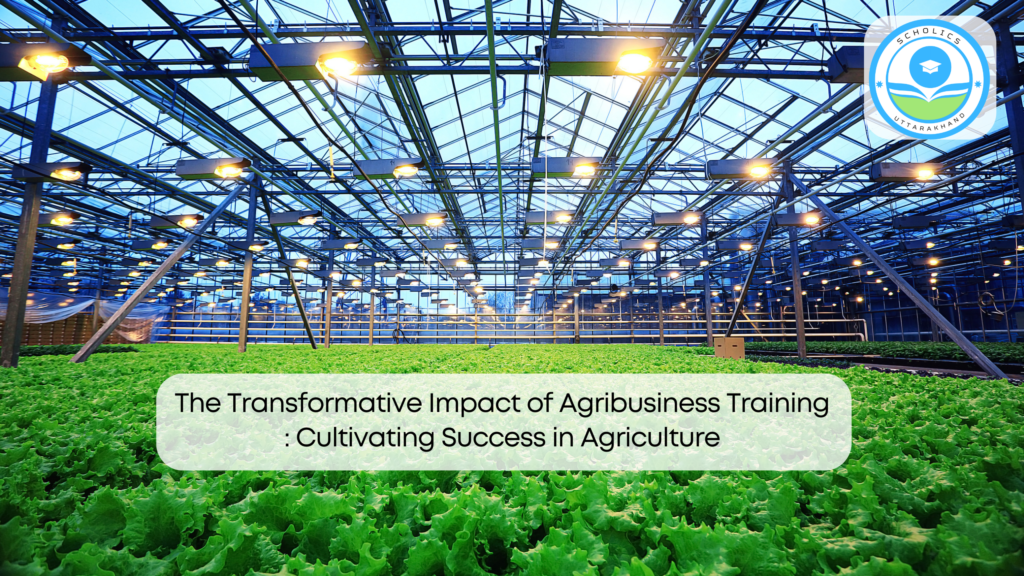The Transformative Impact of Agribusiness Training: Cultivating Success in Agriculture

In the ever-evolving world of agriculture, the role of agribusiness training stands as a beacon of transformation. As the global demand for food continues to surge, the need for skilled professionals equipped with a blend of agricultural knowledge and business acumen has never been more critical. Agribusiness training plays a pivotal role in shaping individuals who are not just farmers but also savvy entrepreneurs, capable of steering the agricultural industry towards sustainable growth and innovation.
Bridging the Gap between Farming and Business
Traditionally, agricultural education focused primarily on farming techniques and scientific principles. While these fundamentals remain essential, agribusiness training goes beyond, integrating business concepts into the agricultural curriculum. It empowers individuals with a comprehensive understanding of markets, finance, supply chain management, and consumer behavior—vital components in today’s competitive agricultural landscape.
Key Benefits of Agribusiness Training
1. Entrepreneurial Mindset:
Agribusiness training instills an entrepreneurial spirit, fostering a mindset that encourages innovation and the pursuit of new opportunities. Graduates are equipped to identify gaps in the market, develop sustainable business models, and navigate the complexities of agricultural enterprises.
2. Holistic Understanding:
By blending agricultural science with business principles, individuals gain a holistic perspective of the industry. They comprehend the entire value chain, from production to distribution, enabling informed decision-making at every stage.
3. Adaptability to Market Dynamics:
Fluctuating market conditions and evolving consumer preferences require adaptability. Agribusiness training prepares individuals to respond swiftly to market changes, strategize for growth, and implement agile business practices.
4. Sustainable Practices:
Sustainability is at the forefront of modern agriculture. Training programs emphasize the importance of environmentally conscious practices, equipping individuals with the knowledge to implement sustainable farming techniques while ensuring profitability.
Impact on Agricultural Communities
The ripple effect of agribusiness training extends far beyond individual careers. Empowered graduates return to their communities as catalysts for positive change. They not only enhance local farming practices but also contribute to economic development by fostering agribusiness ventures, creating employment opportunities, and improving livelihoods.
Embracing Technology and Innovation
Agribusiness training isn’t just about traditional practices—it’s also a gateway to embracing technology and innovation. From precision agriculture and data analytics to blockchain applications in supply chains, trained professionals are at the forefront of integrating modern advancements into agricultural practices, thereby optimizing efficiency and productivity.
Conclusion
Agribusiness training is the cornerstone of a modern, sustainable agricultural sector. It equips individuals with the expertise to navigate the complexities of the industry, marrying agricultural knowledge with business proficiency. As the global population grows, the significance of agribusiness training in fostering a new generation of agricultural leaders cannot be overstated.
Through this comprehensive training, individuals become not just cultivators of the land but also pioneers of change, steering agriculture towards greater sustainability, profitability, and innovation.
In the dynamic realm of agriculture, agribusiness training serves as a compass, guiding passionate individuals toward a future where farming isn’t just a profession—it’s a thriving, sustainable business.




